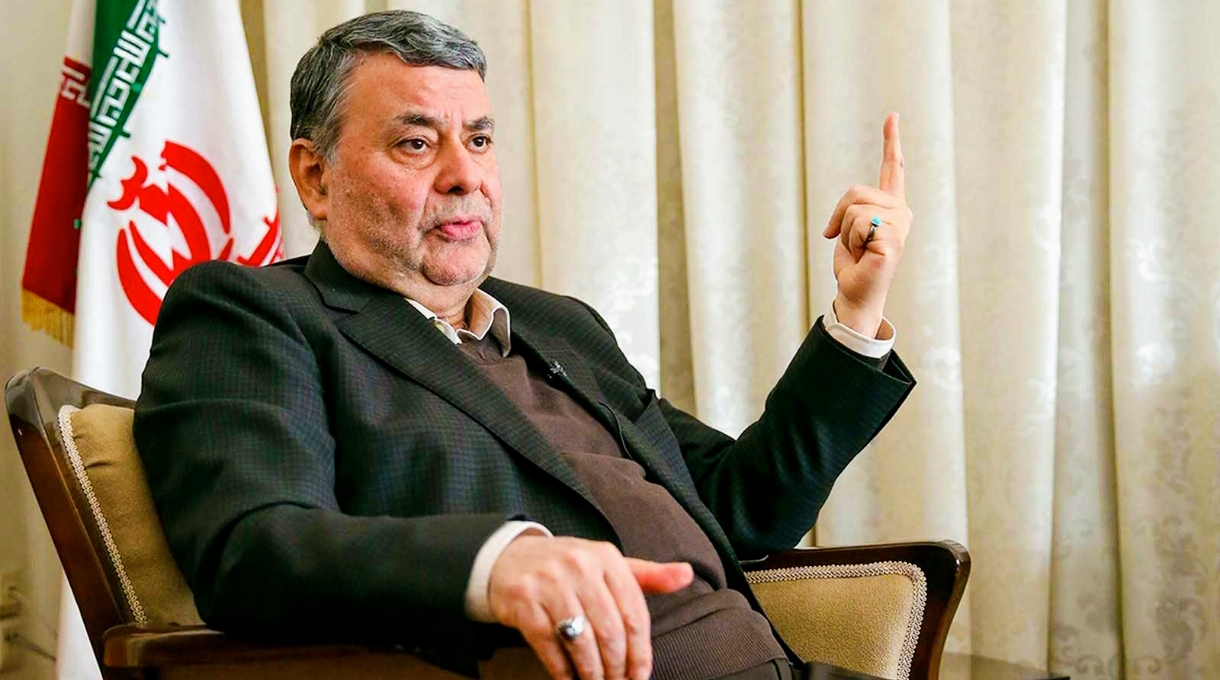In statements that caused a wide stir in political circles, Mohammad Sadr, a member of the Expediency Discernment Council in Iran, made an unprecedented direct accusation against Russia, claiming it leaked sensitive information to Israel.
Sadr said in a press interview last night: "Russia provided Israel with information about Iranian air defense centers," in a move he described as a "stab in the back," especially amid the ongoing war between Tehran and Tel Aviv, which began last June in what has become known as the "12-Day War."
Sadr described the strategic alliance between Iran and Moscow as "worthless," adding: "This war has revealed the reality of the Russian position... We cannot trust Moscow."
* Direct Accusation Against Israel for Assassinating Raisi
In another escalation, Mohammad Sadr held Israel responsible for the assassination of former Iranian President Ebrahim Raisi, who died in a helicopter accident last May.
He confirmed: "From the very first moment, I said that what happened was an assassination... orchestrated by Israel," adding that Tel Aviv wanted to send a clear message to Tehran: "If you continue, we will also continue."
These statements come in the context of rising tensions after Israel launched intensive attacks in late June targeting Iranian military sites, resulting in the assassination of several senior military leaders and nuclear scientists.
Despite the sensitivity of the situation, Moscow limited itself to condemning the attacks without taking any military action or even exerting diplomatic pressure, which sparked widespread discontent within Iranian circles.
* Strategic Agreement "Without Guarantees"
Notably, this crisis comes just a few months after Russian President Vladimir Putin and his Iranian counterpart Masoud Pezeshkian signed a strategic partnership treaty in Moscow on January 17, 2025.
The declared goal of the agreement was to enhance military cooperation and bilateral relations, according to the French Press Agency.
However, observers pointed out that the agreement does not include any binding clause for mutual defense, unlike what is included in Russia's agreements with other allies, such as North Korea.
Statements by Mohammad Sadr open the door wide to new questions about the future of Iranian-Russian relations and put Moscow in a difficult position at a time when Iran's isolation is growing regionally and internationally.

